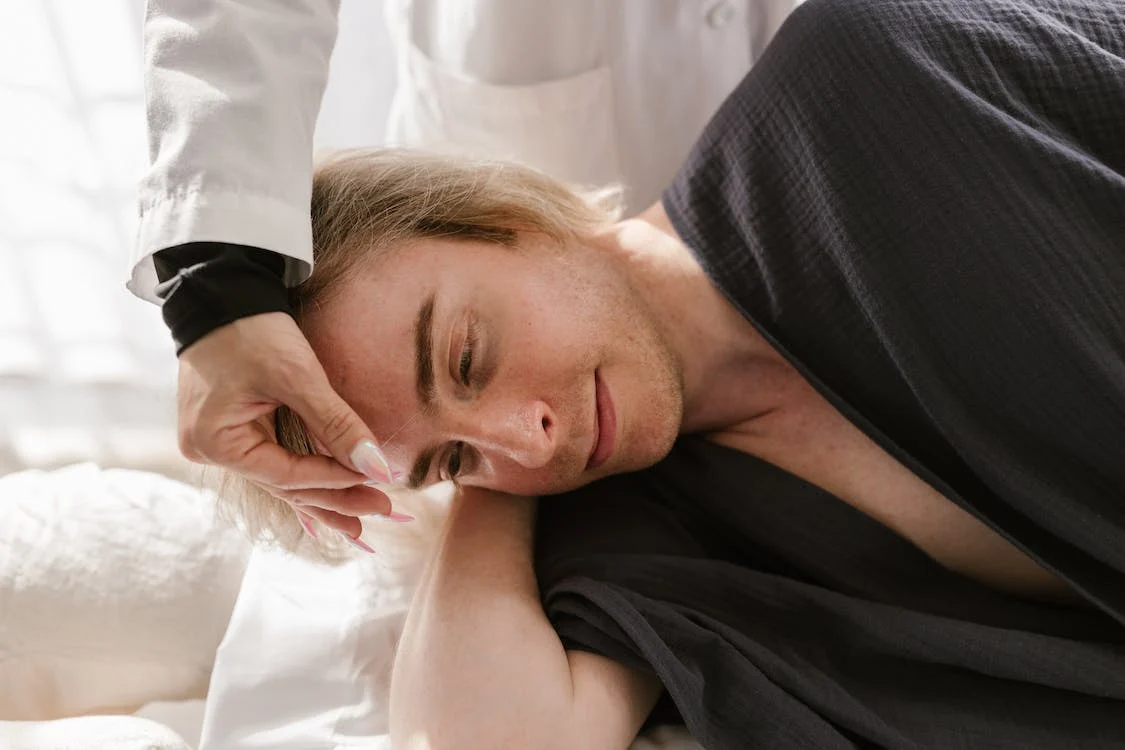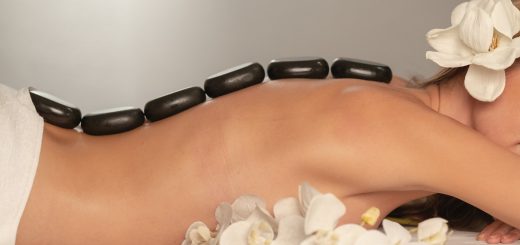How Acupuncture and Oriental Medicine Improve Health
by Valerio · 17/06/2024
Exploring the benefits of acupuncture and Oriental medicine can transform your approach to health and wellness. In Miami, these ancient practices have become increasingly popular for treating various conditions, from pain management to digestive disorders. This guide provides actionable tips to help you navigate the world of acupuncture and Oriental medicine, ensuring you get the most out of these holistic treatments.
Understanding Acupuncture and Oriental Medicine
Acupuncture and Oriental medicine encompass a range of therapies aimed at balancing the body’s energy and promoting overall well-being. Acupuncture, the most well-known practice, involves inserting thin needles into specific points on the body to stimulate healing and relieve pain. Oriental medicine also includes herbal remedies, dietary recommendations, and other techniques to support holistic health.
Benefits for Mental Health
Depression, Anxiety, and Stress
Acupuncture has shown promise in managing mental health issues such as depression, anxiety, and stress. The practice helps regulate the nervous system and release endorphins, which are natural painkillers and mood elevators. Many patients report a sense of calm and improved mental clarity after sessions. Incorporating acupuncture into your wellness routine can provide a natural, drug-free approach to mental health management.
Fertility and Women’s Health
Acupuncture is also beneficial for women’s health, particularly in addressing fertility issues, PMS, and menopausal symptoms. By improving blood flow to the reproductive organs and balancing hormones, acupuncture can enhance fertility and alleviate menstrual discomfort. Women struggling with irregular cycles or severe PMS may find relief through regular acupuncture treatments.
Addressing Digestive Disorders
IBS and Digestive Health
Irritable Bowel Syndrome (IBS) and other digestive disorders can significantly impact quality of life. Acupuncture and Oriental medicine offer a natural way to manage these conditions. By targeting specific points related to digestion, acupuncture can reduce symptoms such as bloating, cramping, and irregular bowel movements. Herbal remedies complement these treatments, promoting a healthy digestive system.
Pain Management
Chronic Pain and Injury Recovery
Pain relief is one of the most common reasons people seek acupuncture. Whether you’re dealing with chronic pain conditions like arthritis or recovering from an injury, acupuncture can provide significant relief. The practice works by stimulating the body’s natural painkillers and reducing inflammation. Many patients experience improved mobility and reduced pain after regular sessions.
Choosing the Right Practitioner

Finding a qualified practitioner is crucial to ensure safe and effective treatment. Look for licensed acupuncturists who have completed the necessary training and certifications. In Miami, many practitioners also offer consultations to discuss your health concerns and treatment goals. This initial meeting is a great opportunity to ask questions and gauge whether the practitioner’s approach aligns with your needs.
Integrating Acupuncture into Your Routine
Regular Sessions
Consistency is key when it comes to acupuncture. While some patients experience immediate relief, others may require several sessions to notice significant improvements. Work with your practitioner to develop a treatment plan that fits your schedule and addresses your health goals.
Combining Therapies
Acupuncture can be even more effective when combined with other Oriental medicine practices. Herbal remedies, dietary changes, and mindfulness techniques can enhance the benefits of acupuncture. Discuss with your practitioner how these additional therapies can be integrated into your treatment plan for comprehensive care.
Lifestyle Adjustments
In addition to acupuncture, consider making lifestyle adjustments to support your overall health. Regular exercise, a balanced diet, and adequate sleep can all contribute to better physical and mental well-being. Acupuncturists often provide personalized recommendations to help you maintain a healthy lifestyle between sessions.
What to Expect During Treatment
The Initial Session
Your first acupuncture session will typically involve a thorough health assessment. The practitioner will ask about your medical history, current symptoms, and lifestyle habits. This information helps them develop a tailored treatment plan. The session itself involves inserting needles into specific points, which may cause a slight tingling sensation. Most patients find the process relaxing and not painful.
Post-Treatment Care
After your session, it’s important to rest and stay hydrated. Some patients feel energized, while others may feel a bit tired. Both reactions are normal as your body adjusts to the treatment. Keep track of any changes in your symptoms and discuss them with your practitioner during follow-up sessions.
Incorporating acupuncture and Oriental medicine into your healthcare routine can provide numerous benefits. By addressing physical, mental, and emotional health, these practices offer a holistic approach to wellness. Whether you’re seeking relief from pain, managing stress, or improving digestive health, acupuncture can be a valuable addition to your healthcare regimen.



